First published in 1878 by
Trbner & Co Ltd
Reprinted in 2000 by
Routledge
2 Park Square, Milton Park, Abingdon, Oxon, OX14 4RN
Transferred to Digital Printing 2007
Routledge is an imprint of the Taylor & Francis Group
1878 Samuel Beal
All rights reserved. No part of this book may be reprinted or reproduced or utilized in any form or by any electronic, mechanical, or other means, now known or hereafter invented, including photocopying and recording, or in any information storage or retrieval system, without permission in writing from the publishers.
The publishers have made every effort to contact authors/copyright holders of the works reprinted in Trbners Oriental Series.
This has not been possible in every case, however, and we would welcome correspondence from those individuals/companies we have been unable to trace.
These reprints are taken from original copies of each book. In many cases the condition of these originals is not perfect. The publisher has gone to great lengths to ensure the quality of these reprints, but wishes to point out that certain characteristics of the original copies will, of necessity, be apparent in reprints thereof.
British Library Cataloguing in Publication Data
A CIP catalogue record for this book is available from the British Library
Texts from the Buddhist Canon
ISBN 0-415-24471-4
Buddhism: 16 Volumes
ISBN 0-415-24286-X
Trbners Oriental Series
ISBN 0-415-23188-4
TEXTS
FROM
THE BUDDHIST CANON,
COMMONLY KNOWN AS
DHAMMAPADA,
WITH ACCOMPANYING NARRATIVES.
Tranlated from the Chinese
BY
SAMUEL BEAL
(B.A. TRIN. COLL. CAMB.)
PROFESSOR OF CHINESE, UNIVERSITY COLLEGE, LONDON.
LONDON:
TRBNER & CO., LUDGATE HILL.
1878.
[All rights reserved.]
Dedicated
to
His Excellency, Iwakura Tomomi,
In Recognition of his Liberality
In Procuring for the Library of the India Office
A Complete Copy of the Buddhist Tripitaka
In the Chinese Language, From One Volume of Which
The following Translation
Has Been Prepared.
Introductory Remarks.

DHAMMAPADA (which, according to the Chinese Gloss, may be rendered Scriptural Texts or Verses) is a work of much importance in the study of Buddhism. It contains, as its title signifies, authentic Texts gathered from ancient canonical booksand these Texts are generally connected with some incident or other in the History of Buddha, helping to illustrate everyday life in India at the time when they were written, as well as the method of teaching adopted by the Founder of this remarkable Religion. Not only does the general tone pervading these verses illustrate the spirit of Buddhas doctrine,1 but by a critical examination of particular passages, we are enabled to solve some of the difficulties which always attend the interpretation of words and phrases used in a religions sense. We already possess two translations of this work from the Pli,one by V. Fausbll (1855), the other by Max Mller (1870)2and in addition to these there are the criticisms of Mr. James DAlwis and the late Professor Childers on the latter translationso that for all necessary purposes we have sufficient material before us for a correct knowledge of the work in question. I should not under these circumstances have undertaken to produce another translation bearing the same title, but for the fact that no copy of Dhammapada has hitherto been known to exist in China. It has been my good fortune to have had brought under my immediate examination the great body of books comprising the Chinese Buddhist Canon. Amongst these I found there were four copies of a work bearing the title of Law verses or Scriptural texts, which on examination were seen to resemble the Pli version of Dhammapada in many particulars. Supposing that some knowledge of these books would be acceptable to the student, I have undertaken the translation3 of the simplest of them, and with such notices of the other copies as are suggested by a brief comparison of them one with the other, I now offer my book for candid consideration.
1 Mr. Spence Hardy has observed that a collection might be made from the precepts of this work, that in the purity of its ethics could scarcely be equalled from any other heathen author.

Eastern Monachism, 169
2 Mr. Gogerly has also translated 350 verses of Dhammapada (out of 423).Spence Hardy, E. M. p. 28. [A. Webers German translation appeared in 1860.]
3 It may here be stated, in order to disarm unfriendly criticism, that I do not profess to have produced a literal translation of the Chinese Text, but only such an abstract of it as seemed necessary for my purpose.


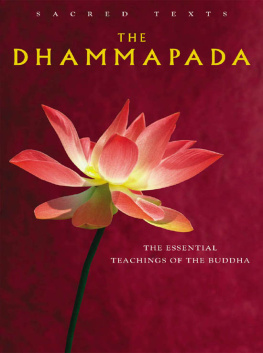
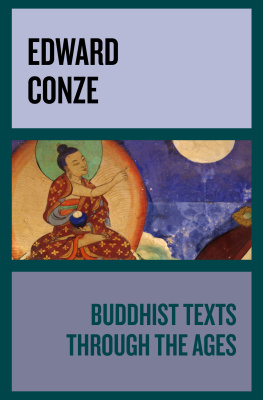



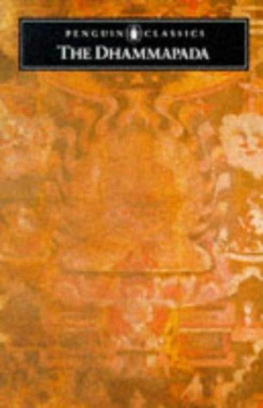
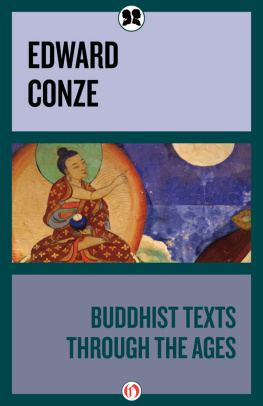
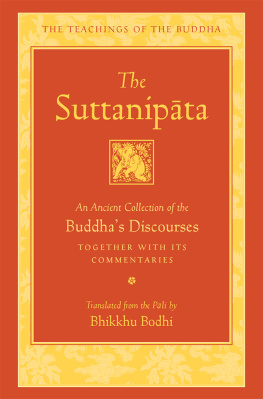
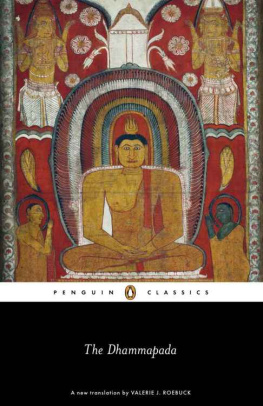




 Eastern Monachism, 169
Eastern Monachism, 169